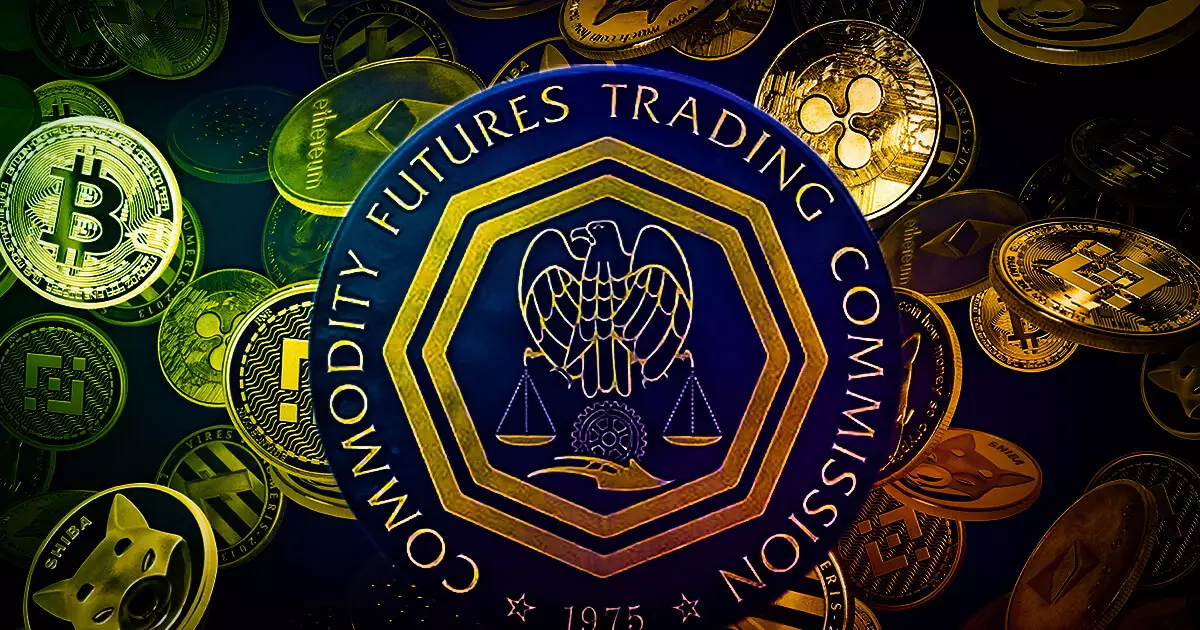On October 2, 2023, the United States Court of Appeals for the District of Columbia Circuit reached a groundbreaking decision regarding the legality of prediction markets that focus on U.S. elections. This ruling rejected an appeal from the U.S. Commodity Futures Trading Commission (CFTC), which sought to impose a temporary stay on an earlier court decision favoring Kalshi, a prediction market platform. The court concluded that the CFTC did not present sufficient evidence demonstrating that allowing betting on elections would cause irreparable harm to the public.
Kalshi’s Journey and Its Significance
Kalshi, established as a platform for trading on the outcomes of significant events such as elections, has been a pioneer in testing the legal boundaries of prediction markets in the U.S. Following the CFTC’s move to restrict its offerings in September 2023, particularly regarding contracts linked to political outcomes, Kalshi opted for a legal confrontation, arguing that the regulator exceeded its authority. The victory not only reinforces Kalshi’s operational capacity but also establishes a critical precedent for the broader prediction market landscape. The founder, Tarek Mansour, hailed this outcome on social media, emphasizing the significance of legitimizing U.S. presidential election markets.
The ruling comes amidst a contentious political climate surrounding election integrity. In August, a group of senators and representatives expressed concern regarding the commercialization of electoral predictions, arguing that these markets could undermine public trust in the electoral process. Prominent figures such as Senators Elizabeth Warren and Chris Van Hollen signed a letter advocating for increased regulatory scrutiny to ensure elections are not treated as mere profit-making ventures. Contrarily, Congressman Richie Torres proposed that instead of prohibition, a regulatory framework could effectively address potential issues without shutting down the markets entirely.
The implications of the ruling extend beyond Kalshi. A successful legal outcome for Kalshi could herald a new era for other prediction markets, particularly those oriented toward cryptocurrency, such as BET and Polymarket. If the CFTC opts to heed the calls from lawmakers for stricter regulation, it may find itself at a crossroads. On one hand, it must navigate the potential backlash from lawmakers advocating for oversight; on the other, it faces industry pressures from new market entrants claiming a right to operate within legal parameters.
This recent court ruling signifies a pivotal moment for prediction markets in the United States, especially regarding their relationship with electoral events. The outcome has potential ramifications for the CFTC’s regulatory stance and the future landscape of prediction markets. As stakeholders deliberate over the balance between oversight and innovation, it remains to be seen how this legal precedent will influence not just Kalshi but the broader ecosystem of election-related prediction platforms in the future.


Leave a Reply